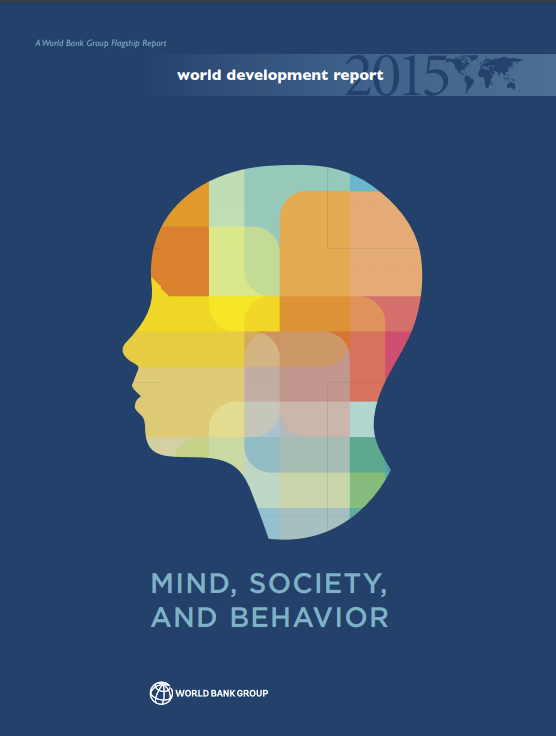Mind, Society, and Behavior
Editorial: IBRD
Licencia: Creative Commons (by)
Autor(es): Kim Jim, et al.
Every person seeks to steer his or her own course, and a great deal of development policy aims to supply the resources and information people in low- and middle-income economies require in their voyage through life. But while such an approach is often appropriate, it can be incomplete. To understand why, consider a comparison with airplane pilots. During the middle decades of the 20th century, a number of flight and engine instruments were developed with the intention of improving how pilots steer their aircraft. But by the 1980s, the multiplying technological improvements and additional information had the opposite effect of what the designers had intended: instead of assisting pilots in steering their courses, airplane cockpits had become increasingly complex environments in which the technical improvements stressed and even overwhelmed the pilots. Rates of pilot error rose. Experts in the field of human factors design—a multidisciplinary field based on the core idea that decision making is the product of an interaction between mind and context—were contacted. The airplane cockpit was redesigned with close attention to how information is packaged and presented, so that it fit the human body and its cognitive abilities. These days, airplane cockpits contain fewer instruments than several decades ago because the design of cockpit instrument displays is based on a deeper understanding of human cognitive processes (Wiener and Nagel 1988).
The title of this Report, Mind, Society, and Behavior, captures the idea that paying attention to how humans think (the processes of mind) and how history and context shape thinking (the influence of society) can improve the design and implementation of development policies and interventions that target human choice and action (behavior). To put it differently, development policy is due for its own redesign based on careful consideration of human factors.
This Report aims to integrate recent findings on the psychological and social underpinnings of behavior to make them available for more systematic use by both researchers and practitioners in development communities. The Report draws on findings from many disciplines, including neuroscience, cognitive science, psychology, behavioral economics, sociology, political science, and anthropology. In ongoing research, these findings help explain decisions that individuals make in many aspects of development, including savings, investment, energy consumption, health, and child rearing.
[Washington: 2015]
Compartir:
Una vez que el usuario haya visto al menos un documento, este fragmento será visible.


